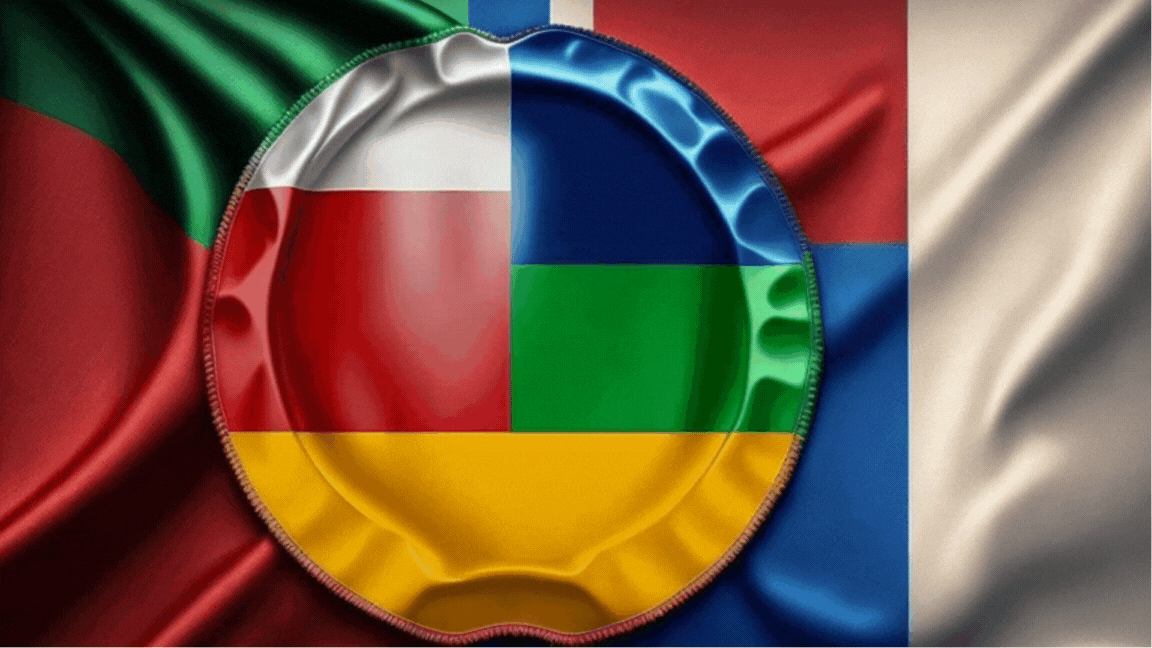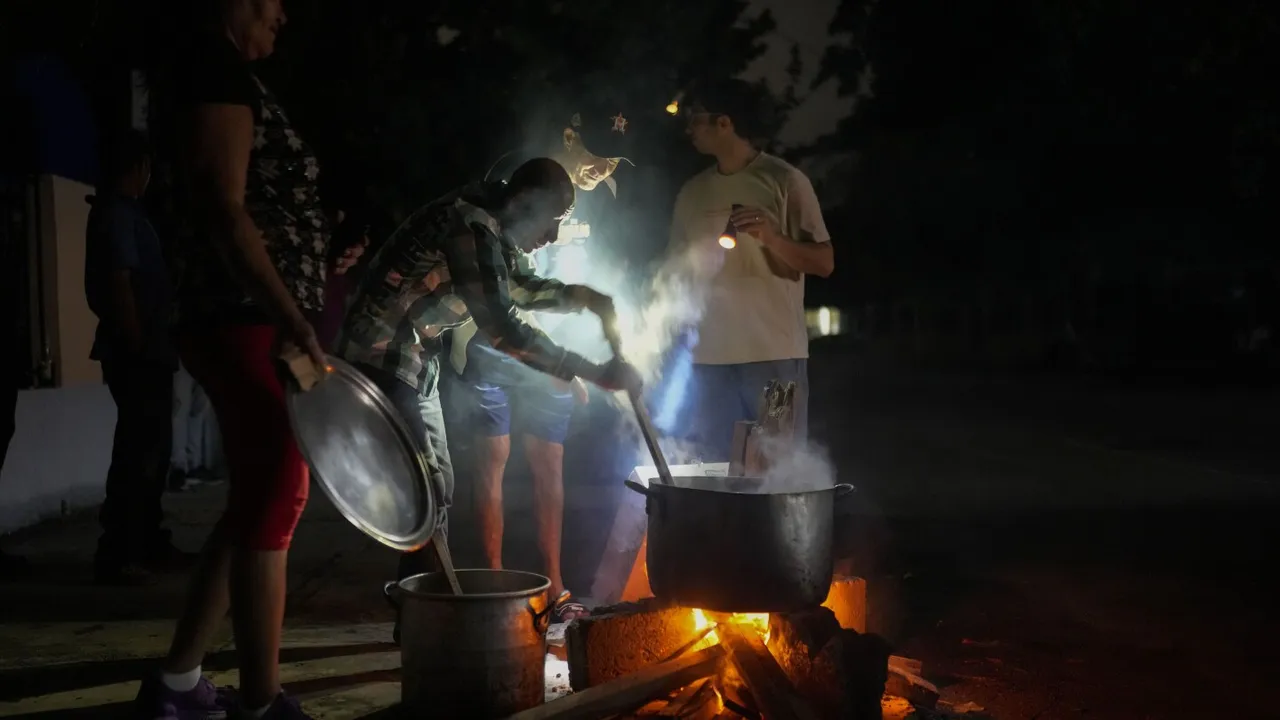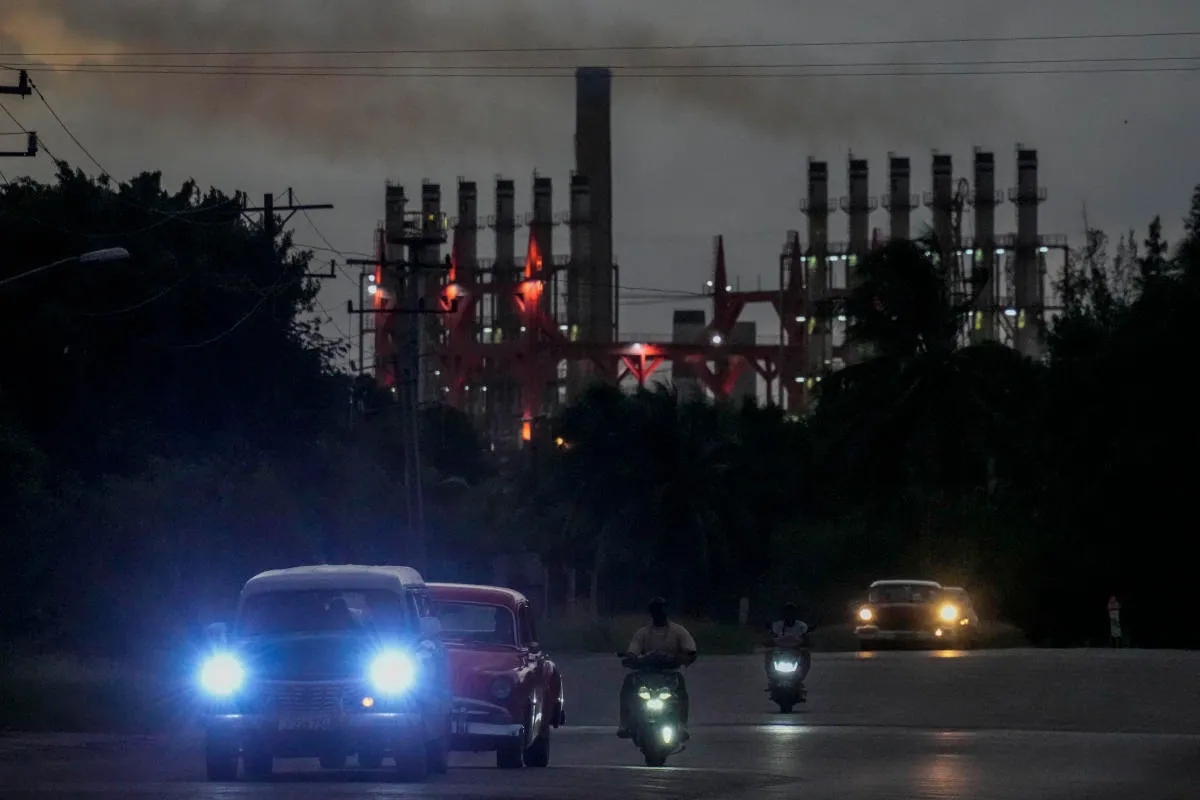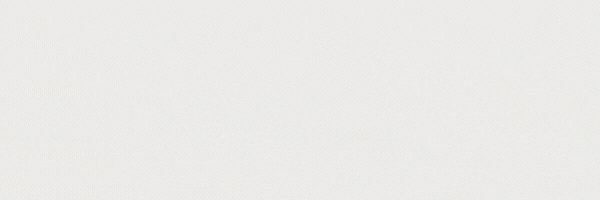
Hello Latin American Report followers. It has been long days for me since the last one, away from the blockchain, primarily due to family matters, and, added to these, the total collapse of the electrical system in Cuba last Friday, when practically the whole country went dark. I tried a few times to produce content along the way, but it was impossible. However, I did not fail to keep abreast of the political events that focus our attention here, mainly those that tell us what is wrong in the region, those that hinder its social development.
So, we know that Claudia Sheinbaum has not had a happy start regarding security. Argentina's social conflict is quite hot, now centered on the battlefield of public higher education. Colombia is torn between massacre and massacre, signaling the failure—so far—of the peace policy dreamed by Gustavo Petro. Bolivians suffer the consequences of the war inside the ruling MAS. In the Caribbean—that is, not only in Haiti—criminal gangs continue to punish the tranquility of citizens. In Perú we have another corrupt president convicted in courts while several unions fight insecurity. Forest fires. And so we go.
Today, on our return, I am making a mandatory first stop in Cuba, my country, where the decrepit state of the electrical grid joined the chronic shortage of fuels to produce a perfect storm that brought down the national electrical system, which was synchronized again on Tuesday. To top it all off, what we least needed amid so much misfortune happened: a cyclone—albeit a “weak” one—hit the poor eastern part of the country, causing seven deaths, quite unusual for the well-oiled civil defense system. The revolutionary regime is groggy, and no international actor—friend or ally—appears willing (or able) to offer it all the oxygen it needs.
 Source
Source“What Cubans need right now is charity”
For years Cuba has been facing a taut situation in the critical energy sector, aggravated after the Trump administration decided to apply a “maximum pressure” policy, with the hawkish John Bolton in the West Wing. The justification for moving in that direction was Havana's alleged support to sustain Maduro in Venezuela. The Treasury Department sanctioned in July 2019 the only Cuban state-owned company authorized to import fuels. When the Cuban government sought to circumvent the siege through a proxy company, Washington also cut off the latter's head. Since then, the import of crude oil in Cuba has been an activity for real magicians, while OFAC's far-reaching tentacles force the hiring of dark fleets—a booming market—to supply the island.
 Source
SourceWhatever the discussion on the Cuban political system, or the assessment made on the performance of its past and present leaders, I leave it to the reader to take a position on whether it is fair to virtually block the entry of fuel to a country, a measure that will ultimately be reflected in increasingly depressed energy and transportation services for the common people, and in general will knock out the economy. The U.S. Treasury said the following in 2019: “Since its designation [...], Cubametales, the Cuban state-run oil import and export company, has faced significant pressure as businesses refuse to conduct business with them as a result of its designation.” At first, the Cuban government managed to keep the residential sector out of the cuts in the electric power distribution. Still, eventually, it had to start shutting down residential circuits on a scheduled basis for the same reasons that ended up collapsing everything last Friday: the extremely bumpy fuel supply—Cubametales continues to be sanctioned, even with the Biden administration—and the impoverished state of the generation infrastructure. More than half of the country was already blacked out last week during peak hours.
 Source
SourceAnd it is not just a matter of sanctioning any vessel that unloads crude oil in a Cuban port. This measure is part of the most comprehensive sanctions regime that Washington applies in the world, which generally discourages commercial and financial links from third countries with Cuba on pain of losing ground in the decisive U.S. market. If it has been complicated for Russia at times to evade the hard sanctioning hand of the West and fundamentally of the United States in its commercial activities even with allies like China, what luck can be expected for a country like Cuba that has nothing strategic to put pressure and make a fist on the table and impose some respect. This country is so innocent that—without dropping a bomb or collaborating in the execution or even the planning of any terrorist attack within or outside its borders—it is on the list of state sponsors of terrorism administered by Foggy Bottom, although to be honest, the consequences of that designation fall short of those stemming from the effects of the so-called embargo imposed by President Kennedy in February 1962.
 Source
SourceAnd this is all for our report today. I have referenced the sources dynamically in the text, and remember you can learn how and where to follow the LATAM trail news by reading my work here. Have a nice day.

